Title IX
St. Mary’s College of Maryland (the College) is committed to maintaining an educational and work environment free from harassment and discrimination. The College will not tolerate harassment or discrimination of any kind, including harassment or discrimination based on sex, gender, gender identity, gender expression, or sexual orientation.
What is Title IX?
Title IX of the Educational Amendments Act of 1972 is a federal law prohibiting sex discrimination in educational institutions. Title IX states: “No person in the United States shall, based on sex, be excluded from participation in, be denied the benefits of, or be subjected to discrimination under any educational program or activity receiving federal financial assistance.” Under Title IX, sexual misconduct is considered a form of sex discrimination.
What is Sexual Misconduct?
Prohibited forms of discrimination and harassment include sexual harassment, gender-based harassment, sexual assault, non-consensual sexual contact, sexual exploitation, intimate partner violence, stalking, and retaliation. (These behaviors are often referred to collectively as “sexual misconduct.”).
How can the Title IX office help you?
The College employs a Title IX Coordinator to oversee the College’s response to reports of sexual harassment, sexual violence, stalking, and relationship violence. The Title IX Coordinator, who leads the Office of Title IX Compliance and Training and reports directly to the President, is supported by two Deputy Title IX Coordinators and the Title IX Investigator/Prevention Specialist. The Title IX Coordinator is responsible for conducting the initial Title IX assessment, implementing interim remedies and protective measures for the individual and the community, initiating the investigation, and ensuring a fair and impartial resolution designed to:
- Stop any harassing conduct
- Remedy its effects, and
- Prevent its recurrence.
The Title IX Coordinator provides oversight of all Title IX complaints to ensure compliance with local, state, and federal authorities. The Title IX Coordinator receives, reviews, and maintains records of all complaints to identify and address any systemic problems. The Title IX Coordinator also assesses student activities periodically to ensure that the practices and behaviors of the students do not violate the policies on sexual harassment and violence. These duties also include creating and implementing education, prevention, and training programs regarding sexual misconduct for the community.
The Title IX Coordinator and all Title IX personnel are available to meet with students, staff and faculty.
